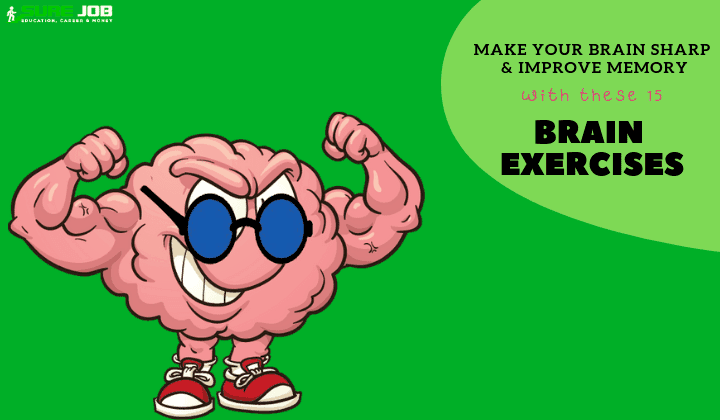It is a school's responsibility to nurture good and lifetime habits in its students. Exercising is one of them. As kids grow up, they can easily adapt to a lazy and inactive lifestyle. This can be changed by a habit imbibed in them from school time, the habit of staying active.
If a student enjoys a healthy life, he is likely to do well in all the areas of his life. A course that focuses on fitness is a must in every school.
So, you definitely know the Physical education classes. They are as important as math classes in your school. They help students to remain, both physically and mentally, fit.

The P.E. (physical education) class curriculum varies according to the age group. A good syllabus considers the needs of all students, teaches self-management, keeps students active, and is enjoyable for all students.
Importance of physical education
Let's look at ten reasons why physical education is important? I did some research, and the benefits are mesmerizing.
1. Improved grades on the report card
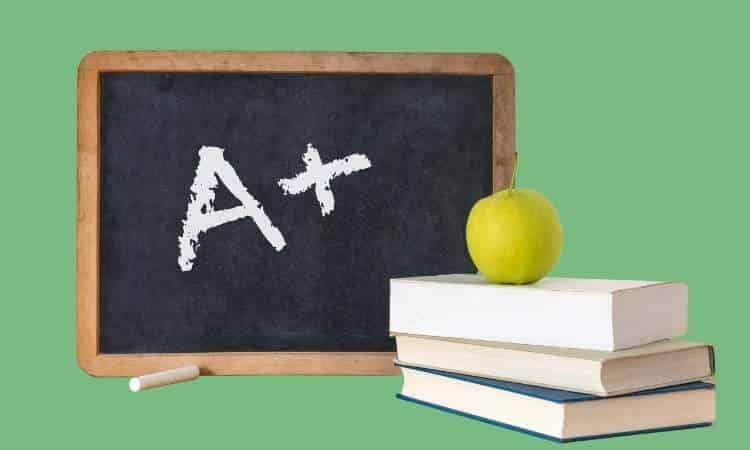
I'm not kidding, but this is one of the ten reasons why P.E. is important? Physical Education classes increase a child's concentration levels.
Even for people suffering from ADHD, it is easiest to reduce its symptoms. Studies have shown that exercising reduces insulin resistance and inflammation and helps your body to release growth factors.
If students get access to this basic dose of physical activity, their grades improve. It has been observed that students who are athletic tend to be alert in the classroom. It definitely makes it easier for the teacher to manage the class and teach them.
Also read: Ways to Concentrate on Studies and Focus Better
2. Boosts confidence
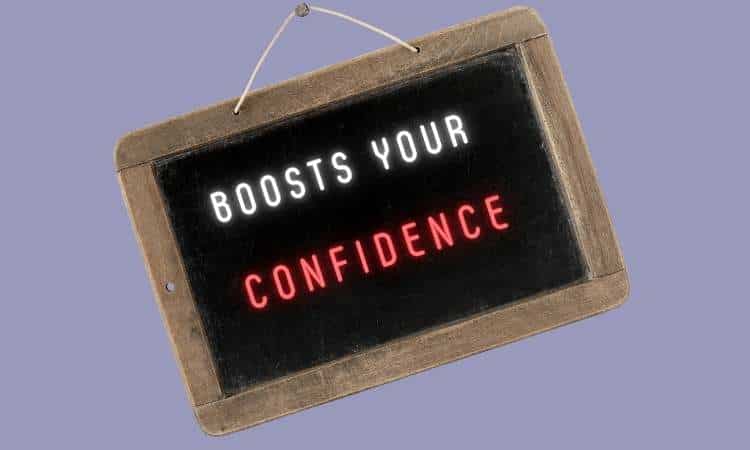
Another reason why physical education is necessary for every student in the current scenario is the increasing popularity of junk food and screen timing. Nowadays, obesity is very likely amongst kids.
Exercising and working out every day promotes a healthy body image. As the time teenager, it is really crucial. This is because, with so many hormonal as well as physical changes, they are conscious of themselves. When they feel attractive about themselves, their confidence boosts.
An increased sense of self-esteem can be experienced as exercises come with an increased sense of accomplishment, better mood, and better brain functioning.
3. Reduced levels of depression and anxiety
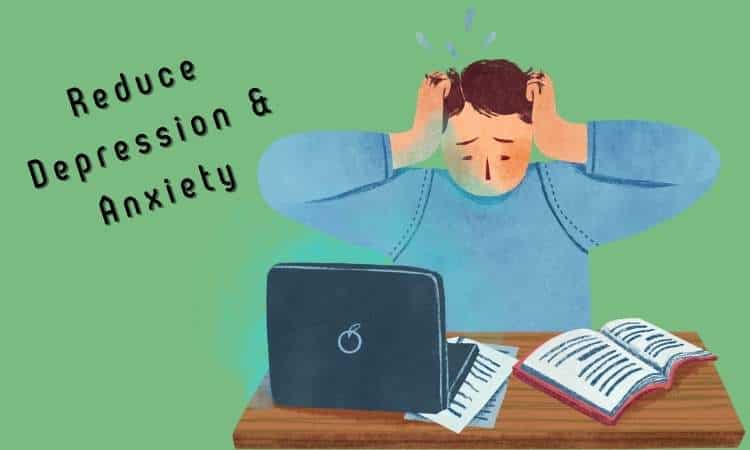
It has been proved that P.E. (Physical education) reduces the risk of depression and anxiety. When someone exercises, the brain releases feel-good hormones.
This endorphin release enhances the sense of well-being. It is highly effective for mild and moderate levels of depression.
When students are engaged in physical activity, their mind is driven away from focusing on negative thoughts. These thoughts are the ones that feed an anxious mindset. It also helps decrease muscle tension, increase serotonin, and resist stormy emotions.
Also read: Educational Activities for Kids to sharpen their Mind
4. Strengthens heart

One of the very known effects of exercising is muscle-strengthening. Well, our heart is also a muscle. Physical activity helps in keeping it strong, pumping, and healthy.
When students get access to regular activity, their heart rate slows down and thus reduces the risk of high blood pressure.
We all know the two kinds of cholesterol: the good one and the bad one. When you are fit, your body burns the bad cholesterol, which keeps the heart healthy.
Also, a strong heart will help in better absorption of oxygen. This, in turn, results in overall well-being.
5. Improved social skills
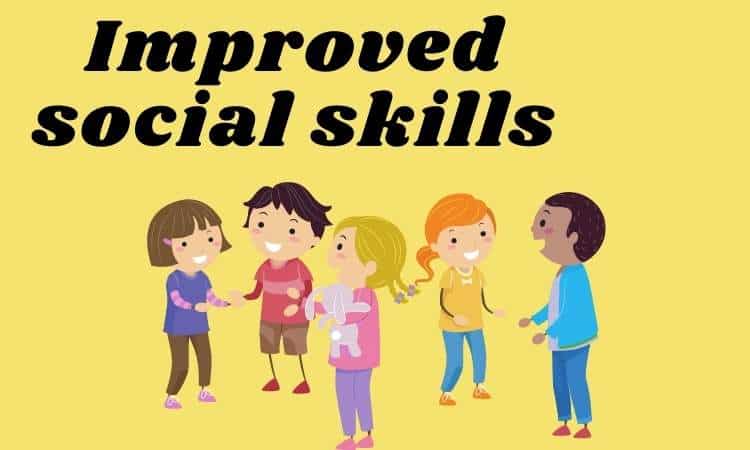
One reason why physical education is important is as we have seen the benefits of working out on confidence and self-esteem, its benefits go further ahead.
When exposed to teamwork and group games, a confident individual will communicate, co-operate, and lead better.
As we all are social animals, the skill to grow with others is an important one. When children work in groups, they gain the empathy to understand their peers and also co-operate. They also learn to stand up for themselves and others in a crowd.
Leadership qualities are also fostered as they know how to work together to achieve the target. This consecutively empowers their decision-making skills.
6. Self-discipline
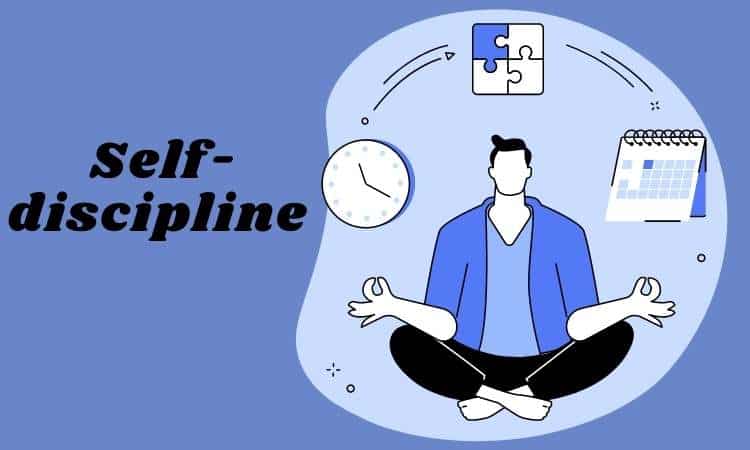
It is difficult to be successful at anything without the gift of self-discipline. Schools can instill this in their students in many ways, but exercising is another great way to do this.
P.E. classes put forth a task that students are supposed to achieve. This teaches them how to focus on a goal and achieve it.
A lesson of perseverance is also taught. Perseverance is nothing but continuing to do something despite all the difficulties. This sets a habit or routine in individuals.
Even in the earlier stages, exercise may seem very boring and tedious. But, as students discipline themselves, they see how their goals can be easily achieved.
7. Skill and motor skill development
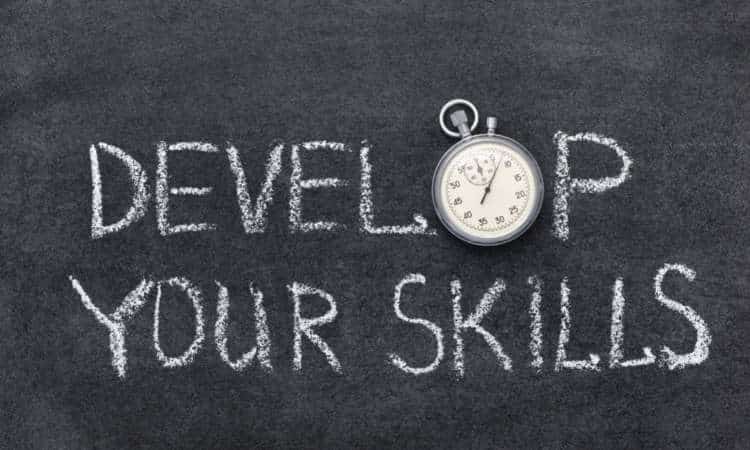
Physical education helps in developing motor skills like running, catching, balancing, hopping, kicking, etc. All of these skills make building blocks that ensure the safe and easy performance of complex activities.
It has been observed that physical activities are better for children's cognitive development than teaching them numbers or the alphabet.
Not just this, kids also learn a number of life lessons in their P.E. classes.
They learn how to accept failure as their team loses. They learn perseverance and the “never say die” attitude. Together, all of these make their future working life better and more holistic.
Also read: Educational Game Sites For Kids For Their Academic Development
8. Improved sleep quality
Sleep is essential for a healthy and long life. Don't mistake this for just sleeping for long hours. This is because it is not just the quantity but also the quality of sleep that matters. When one works out, their sleep clock is automatically set correctly.
Staying fit requires you to utilize a great lot of your energy every day. As your body is responsible for filling your energy storage, it rests well. It gives you deep sleep.
Low anxiety and stress levels resulting from exercise are a great benefit to improving the way you sleep. Your body needs a low temperature when it sleeps.
So after you have worked out, your body temperature gradually cools down, thus making it favorable for you to sleep like a baby.
9. Changes in a sedentary lifestyle
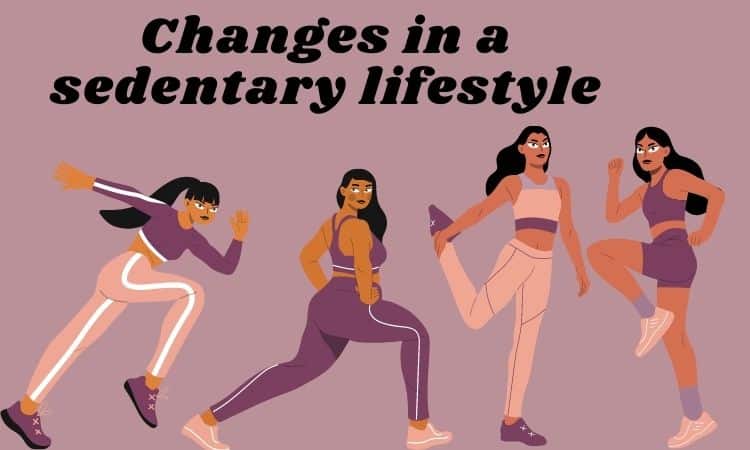
A sedentary lifestyle is a common scenario today. It is nothing but an inactive lifestyle that involves sitting and lying down for the most part of the day without any exercise.
This way of life is really harmful and results in problems like heart diseases, joint pain, obesity, diabetes, etc.
All of this can be kept at bay by a P.E. class in schools. Walking, cycling, jumping, and other activities help the body gain the required movement.
When students carry the physical education and habit to work out from their school days, they are likely to continue it in their adulthood. Thereby, reducing to be an individual who is nothing but a couch potato.
10. Increased flexibility

Exercising regularly targets all muscle groups. These muscle groups are stretched and relaxed, which improves a person's flexibility. A flexible body and muscles ensure that pain caused by wear and tear is comparatively low. Also, the recovery is faster.
Having a flexible body improves your posture. It allows proper alignments of your body and corrects imbalances. Correcting a muscle imbalance requires strengthening the underactive muscles and stretching the overactive muscles.
Conclusion
Physical Education classes play an important role in shaping a child's future habits and lifestyle. Even then, a lot of schools tend to ignore its importance.
This might be a result of limited funds or a lack of equipment. But, it's vital to remember that the growth and well-being of students should always top the priority list of any school.








